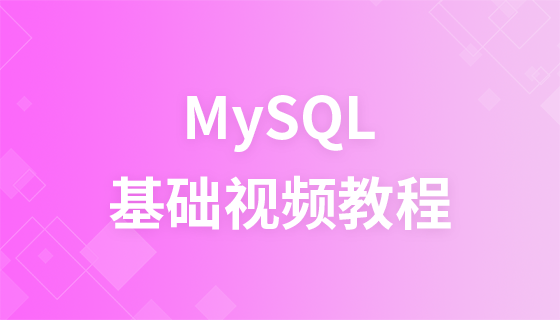
Course Elementary 9839
Course Introduction:The processing and analysis of strings is an important foundation in any programming language. The classification, parsing, storage and display of information, as well as data transmission in the network, all require the manipulation of strings. It is particularly important in web development. Most of the work of programmers is to operate strings, so string processing also reflects a programming ability of programmers.

Course Elementary 25394
Course Introduction:Object-oriented programming using php

Course Intermediate 10927
Course Introduction:"Self-study IT Network Linux Load Balancing Video Tutorial" mainly implements Linux load balancing by performing script operations on web, lvs and Linux under nagin.

Course Advanced 16923
Course Introduction:"Shangxuetang MySQL Video Tutorial" introduces you to the process from installing to using the MySQL database, and introduces the specific operations of each link in detail.
How to deal with sudden exceptions in python
2017-06-12 09:22:52 0 1 1013
node.js - Global exception handling in Express
2017-05-16 13:35:30 0 2 1611
c# - Are exceptions caught in the presentation layer during project development?
2017-05-16 17:05:43 0 2 910
Why do we need to use PHP exception codes? What are the usage scenarios of PHP exception code?
2023-08-24 12:31:44 0 2 515

Course Introduction:Handling PHP exceptions in asynchronous operations requires: In coroutines, use try-catch-finally syntax to catch exceptions. In Promise, use the then() and catch() methods to handle exceptions. Practical case: Use coroutines to handle exceptions in HTTP requests, and capture and handle exceptions.
2024-06-02 comment 0 739

Course Introduction:Exception handling is crucial in Java and jsP programming as it allows applications to handle errors and exception situations gracefully, thereby improving robustness and user experience. Exception Handling in JSP JSP provides three main mechanisms to handle exceptions: page directive: This directive specifies an error handling page that handles all unhandled exceptions on a certain page. try-catch block: This block allows developers to define specific handlers for handling specific types of exceptions. JavaBean: Exception handling logic can be encapsulated in JavaBean and then used in JSP pages. page directive The syntax of the page directive is as follows:
2024-03-18 comment 0 1124

Course Introduction:There are two design patterns for PHP exception handling: Object-oriented exception handling: Use try-catch blocks to catch specific types of exceptions. Procedural exception handling: Use the set_exception_handler function to set a global exception handling function to handle all uncaught exceptions. The choice of design pattern depends on the needs of the application: object-oriented exception handling provides a more structured approach, and procedural exception handling provides a more general approach.
2024-06-02 comment 0 661

Course Introduction:Exception handling: How to catch and handle exceptions in PHP? In PHP development, exception handling is a very important part. When an unexpected situation or error occurs in the program, we need to ensure the normal operation of the program by catching and handling exceptions. PHP provides a set of exception handling mechanisms. This article will introduce how to catch and handle exceptions in PHP and provide specific code examples. 1. The basic concept of exceptions in PHP. In PHP, an exception refers to an abnormal situation that occurs during the running of the program, such as errors, warnings, and fatal errors.
2023-12-18 comment 0 895

Course Introduction:Exception handling is an important mechanism for handling errors and exceptions in PHP, which improves the robustness and stability of applications. Errors are thrown by the interpreter to indicate serious problems that cannot be recovered. Exceptions are thrown by code to indicate recoverable runtime problems. PHP provides Error, Exception and Throwable classes to handle errors and exceptions. Use a try-catch block to catch exceptions and handle them. Custom exceptions provide greater flexibility. Best practices for exception handling include using exceptions instead of errors, specifying exception types, handling exceptions in try-catch blocks, and cleaning up in finally blocks.
2024-06-01 comment 0 372